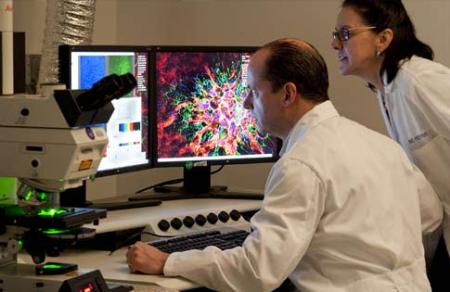Clinical Research Resources
NIH Clinical Research Trials and You
It’s your involvement that helps researchers to ultimately uncover better ways to treat, prevent, diagnose and understand human disease.
Why Should I Participate in a Clinical Trial?
Clinical trials are part of clinical research and at the heart of all medical advances. Clinical trials look at new ways to prevent, detect, or treat disease.
Treatments might be new drugs or new combinations of drugs, new surgical procedures or devices, or new ways to use existing treatments.
Children and Clinical Studies.
Importance of Children in Clinical Studies
Children have often had to accept medicines and treatments based on what is known to work in adults. To improve clinical care of children, more studies are needed focusing on children’s health with the goal to develop treatments, drugs, and devices specific to children.
Resources for a Wide Range of Audiences
The Children and Clinical Studies Program has been successfully developed and evaluated to fill an important gap in information and education for parents, clinicians, researchers, children, and the general public.
Clinical Research and Bioethics Policy
The Office of Clinical Research and Bioethics Policy (OCRBP) in the NIH Office of Science Policy serves as the central locus for planning, developing, and coordinating NIH-wide policy activities for clinical and health care research, as well as promoting full integration of bioethical considerations as foundational to NIH-supported research. OCRPB’s three main areas of emphasis are policies related to clinical research and protections for human subjects, genomics research, and the translation of research findings into health care.



